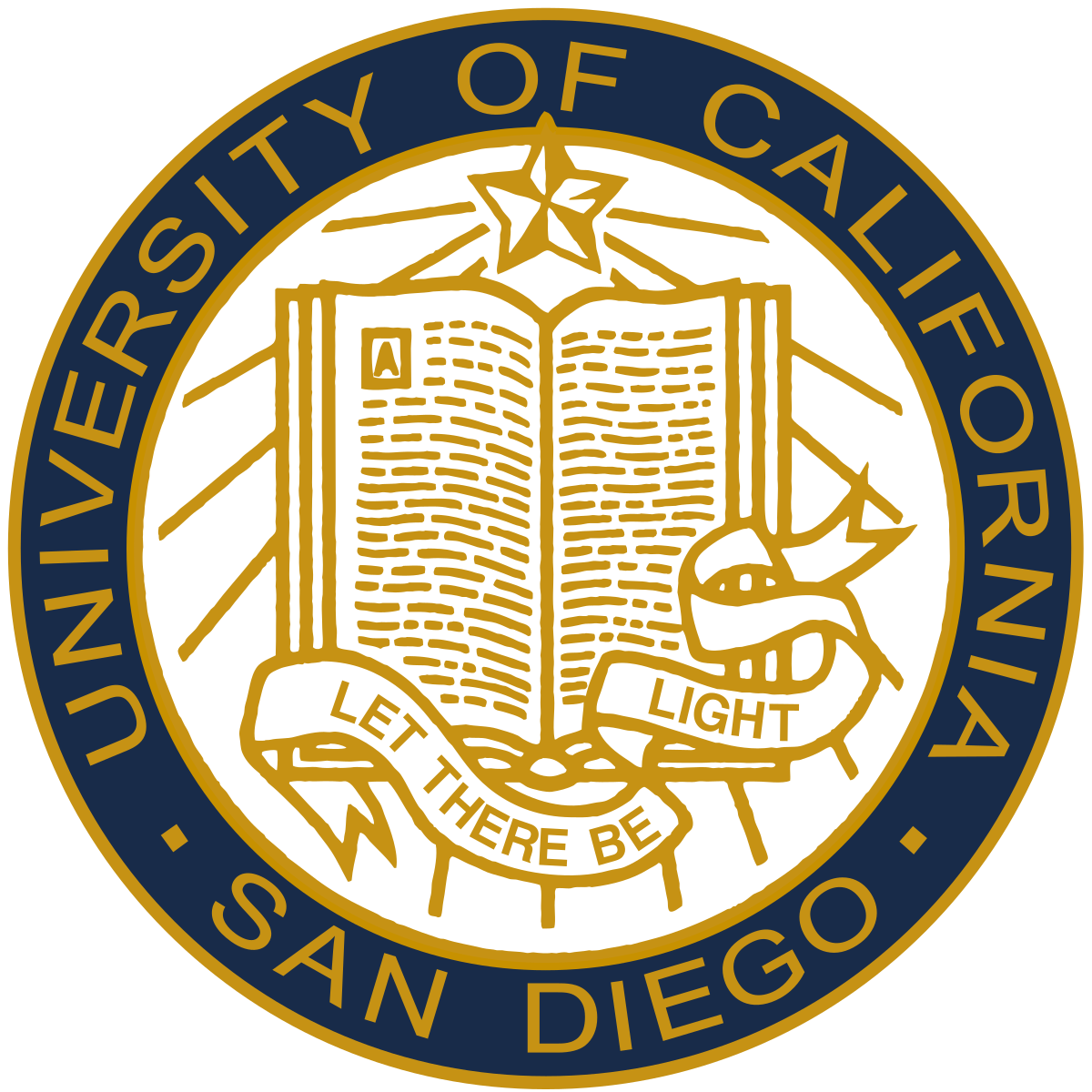UC San Diego’s Pioneering Researchers Recognized with NIH New Innovator Awards
Two early career researchers at the University of California San Diego have been named recipients of the 2023 National Institutes of Health (NIH) Director’s New Innovator Award. The prestigious award, part of the NIH Common Fund’s High-Risk, High-Reward Research program, enables exceptionally creative scientists to push the boundaries of biomedical science through broadly impactful research.
Brian Aguado, assistant professor in the Shu Chien- Gene Lay Department of Bioengineering at the Jacobs School of Engineering, and Matthew Lovett-Barron, assistant professor in the Department of Neurobiology, School of Biological Sciences, were selected to receive New Innovator awards to support their creative research.

Aguado studies sex-specific differences in disease from the molecular scale all the way up to the organism level. His lab uses bioengineering tools to develop more relevant, sex-specific models and treatments for disease — starting with cardiovascular disease — and enable better clinical outcomes for patients to resolve sex-based health disparities. This New Innovator Award will enable him to use biomaterials to understand sex differences in how scar tissue develops in the heart muscle after injury at multiple length scales. Myocardial fibrosis — the scarring in the heart due to abnormal remodeling of the extracellular matrix (ECM) — is commonly seen with several heart diseases, including ventricular hemodynamic overload, myocardial infarction, cardiac inflammation and many familial cardiomyopathies, all of which can lead to heart failure. While medications exist to relieve heart failure symptoms, no effective therapeutics exist to halt and reverse myocardial fibrosis in a sex-specific manner.
Aguado aims to identify how X and Y chromosome dosage in heart cells gives rise to sex differences in cellular behaviors and ECM remodeling. Understanding the role of sex chromosomes in regulating myocardial fibrosis would significantly advance our understanding of sex-specific cardiovascular disease, potentially leading to more targeted sex-specific therapeutics. Aguado is also the recipient of a Science Diversity Leadership Award from the Chan Zuckerberg Initiative, a Jacobs School Early Career Faculty Development Award, the NIH R00 Pathway to Independence Award and the American Heart Association Career Development Award.

Lovett-Barron, who joined the School of Biological Sciences in 2020, studies the neurobiology of internal states and group behavior using brain-wide neural activity imaging in small transparent fish. The Lovett-Barron Lab uses the schooling micro glass fish Danionella as a model system to study group behavior, applying tools in behavioral tracking, virtual reality and neural activity recording to investigate how the decision-making processes in individual brains collaboratively produce the emergent group behavior of fish schools. Through the New Innovator Award, he will focus on discovering the perceptual and neural mechanisms underlying the social maturation of developing Danionella, and the neural basis for impaired schooling in genetic models of social dysfunction.
Since joining UC San Diego, Lovett-Barron has also been the recipient of the Packard Foundation Fellowship, Searle Scholars Award, Pew Biomedical Fellowship, Klingenstein-Simons Fellowship in Neuroscience, the Alfred P. Sloan Research Fellowship and the NIH R00 Pathway to Independence Award.
Established in 2007, the New Innovator Award, part of the High-Risk, High-Reward Research program at the NIH, supports unusually innovative research from investigators who are within 10 years of their final degree or clinical residency and have not yet received an NIH R01 or equivalent grant. In this program, investigators are encouraged to think beyond traditional bounds and to pursue trailblazing ideas in any area of research relevant to the NIH’s mission to advance knowledge and enhance health. Each year, the Common Fund solicits applications, organizes rigorous peer-review of the proposals, selects recipients and oversees programs that pursue major scientific opportunities and gaps throughout the research enterprise that are of significant importance to NIH.

